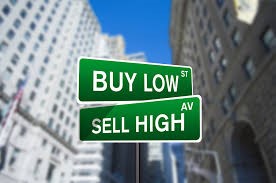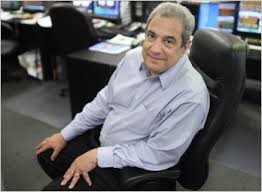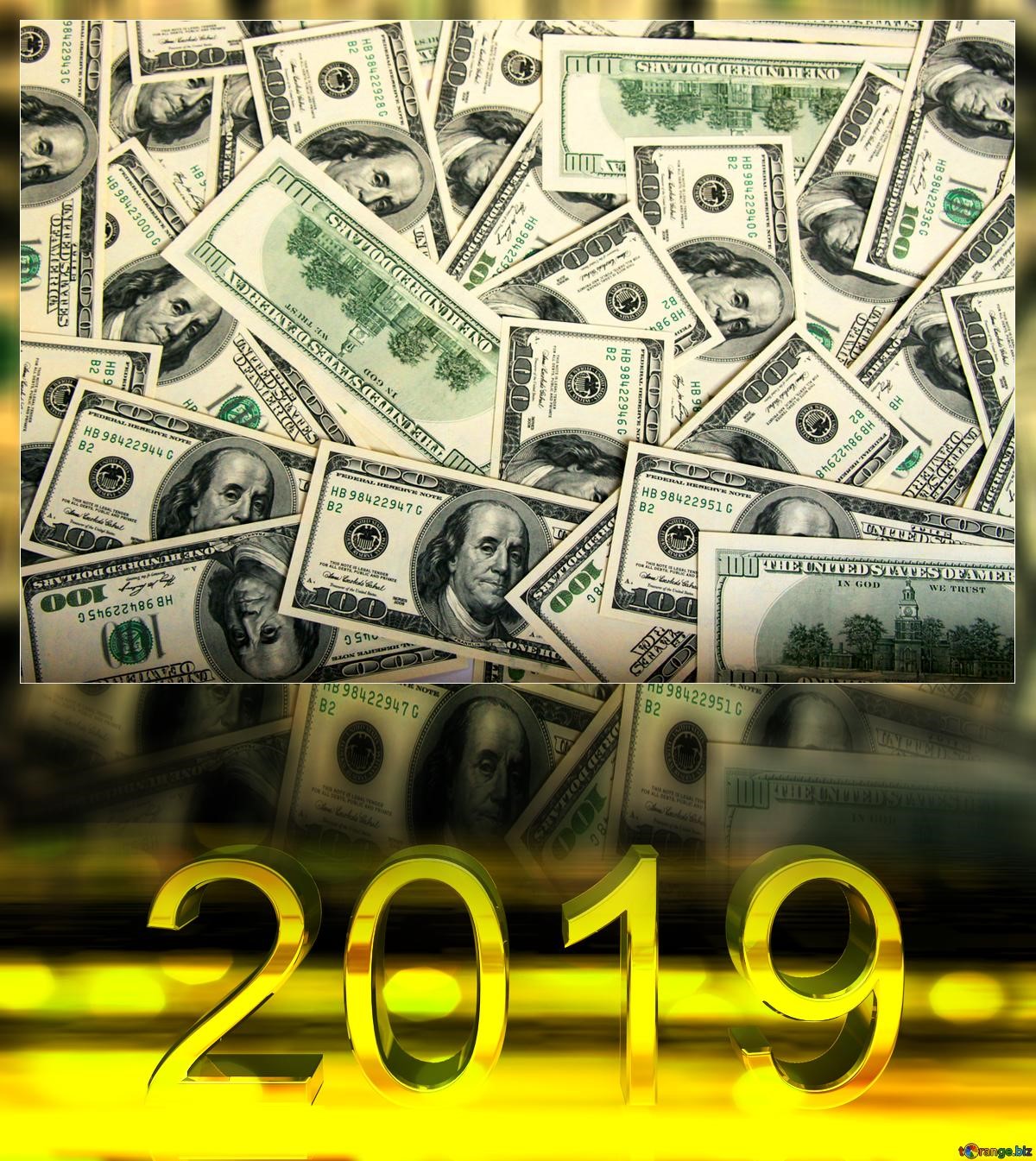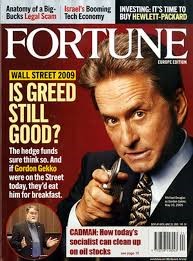In the investing world, those with superior information usually make the most money. And possibly no group has better information on public companies – and profitably acts on it – than corporate insiders at small-cap biotech and medical technology companies.
When screening insider trades, my interest is always piqued when I see both top executives of a company buying shares. It implies that the two people with the best information on that company agree the shares are a good value.
That’s what just happened at FS KKR Capital Corp (FSK). Both the Chief Investment Officer (CIO) and the CEO, along with a director, purchased a total of $495,000 of their company’s stock.
If you’re an officer or director of a public company, this is your worst nightmare: You’re sipping coffee at work one morning when a FedEx package is dropped on your desk. Inside you find a letter from the SEC notifying you of a court date to answer charges of trading on inside information.
A scenario to be avoided for sure. However, here’s the problem: The U.S. has no insider trading laws. What? I can hear you saying, then how is it that white collar criminals do time for profiting from secret information? Good question.
In May of 2015, Nelson Obus’s lawyer opened his client’s trial by saying that either the hedge fund manager is an honest man or "the lamest insider trader in history." Twelve years after he was first charged by the SEC for insider trading, Obus, the manager of New York-based hedge fund Wynnefield Capital Inc., was found not guilty by a jury.
Fast forward to January 14, 2019 and Obus just submitted an insider filing to his nemesis the SEC, disclosing that his fund purchased 20,000 shares of Landec Corp. (LNDC) at $11.33. It’s a trade that investors may want to note – not because of any alleged impropriety, but because the stock being bought may be an attractive opportunity.
Question: If you’re a top hedge fund manager and the value of your highest conviction stock suddenly drops by 20%, what do you do? Answer: You buy more.
Late in 2018, investors panic-sold en masse. Indiscriminate selling. Babies thrown out with bathwater. While the public freaked-out about interest rates, trade wars and recessions, leading hedge funds added to their best ideas.
Nothing like putting a million bucks where your mouth is.
After a presentation yesterday at the JPMorgan healthcare conference yesterday, an analyst bad-mouthed medical device giant Medtronic Plc (MDT) and cut price targets. As the stock tumbled over 6%, Medtronic CEO Omar Ishrak went on television to defend his company and debunk critics.
Then today he bought $1 million dollars of MDT on the open market.
In a classic scene from the 1967 film Cool Hand Luke, the prison warden whips an insubordinate inmate (Paul Newman) into a ditch then stands over him and seethes: “What we got here is a failure to communicate.”
In a Dec. 17 letter to Houston Wire and Cable (HWCC), D3 Funds’ David Nierenberg disclosed a 9.9% stake in the company and quoted the famous movie line. But while Nierenberg was friendlier than the warden in Coll Hand Luke, his sense of frustration with his fund’s long-held investment was evident.
Many “effects” in finance have been linked to the calendar. There’s the Weekend Effect, the Turn-of-the-Month Effect, the October Effect, even the Mark Twain Effect. But probably the most widely discussed is the January Effect. This is the tendency for stocks – particularly small-cap stocks – to outperform in January vs other months.
The January Effect is a market “anomaly” – market price behavior that “shouldn’t” happen.
We’ve heard the Warren Buffett’s saying a hundred times: Be fearful when others are greedy and greedy when others are fearful. Over the last year, corporate insiders as a group have done just that. During most of 2018 officers and directors sold heavily. However, as panic selling by investors has intensified in recent weeks, so has insider buying.
Through Thursday of this holiday-shortened trading week, the WhaleWisdom Insider Sell vs Buy ratio was at 0.44.
Somewhere, Benjamin Graham is smiling. The father of Value Investing and mentor to Warren Buffett had a favorite investment strategy: Buying “Net-Net” stocks. These are stocks that because of bad markets, bad business, bad luck – or a combination of all three -- are trading for less than the net cash they have in the bank.










